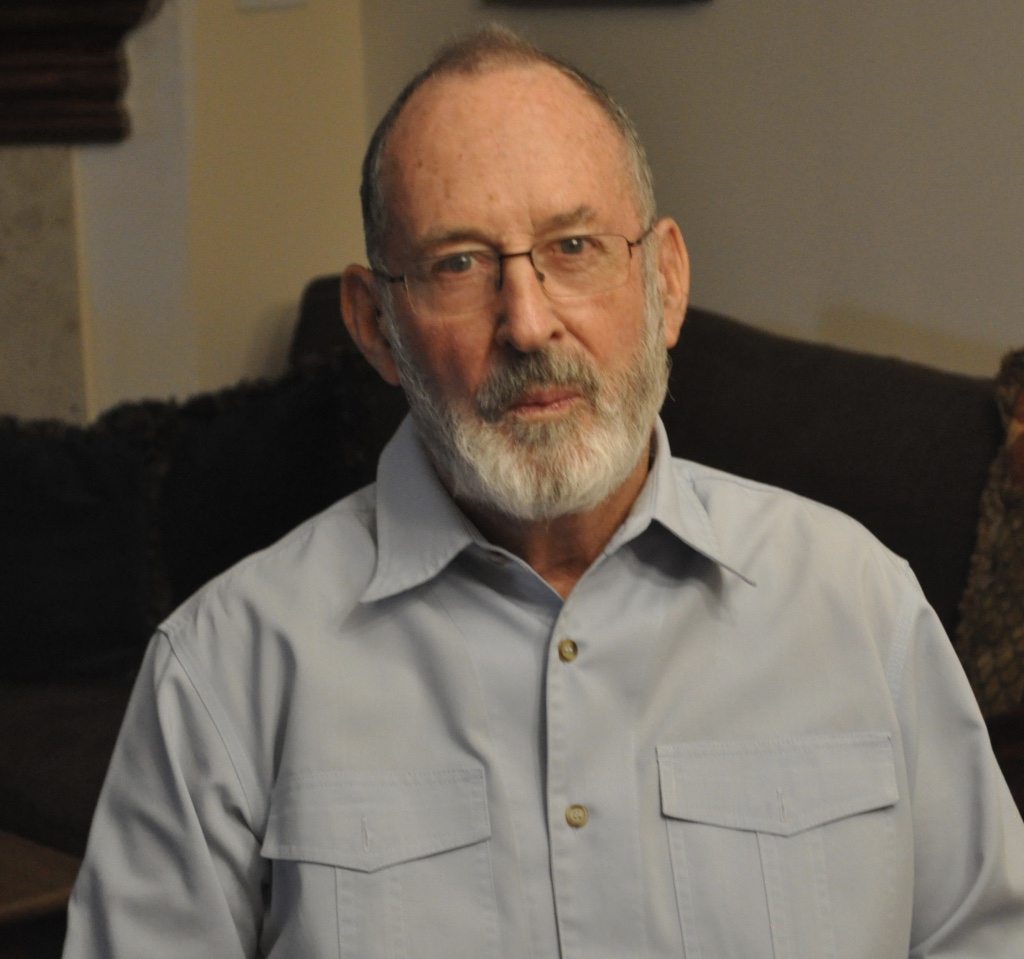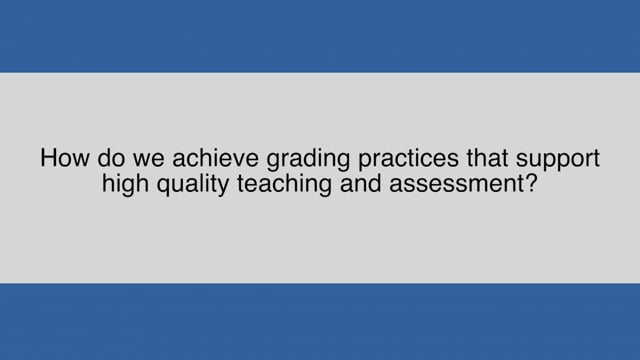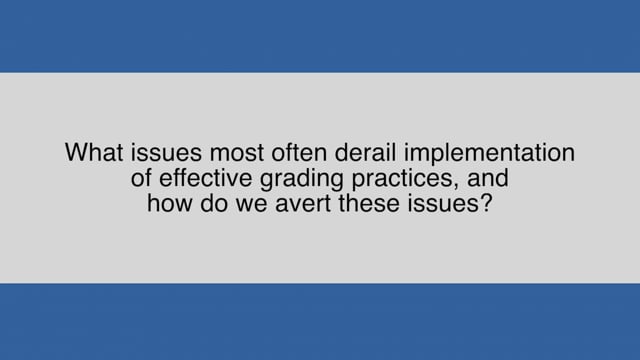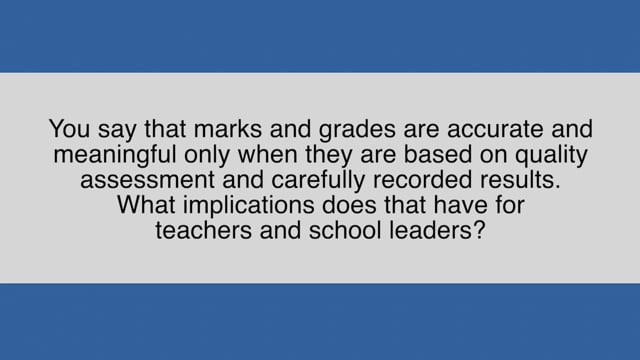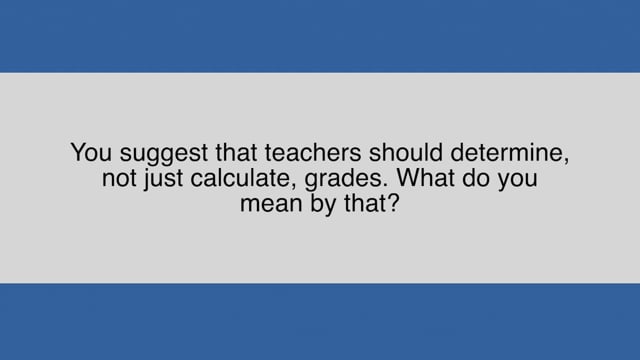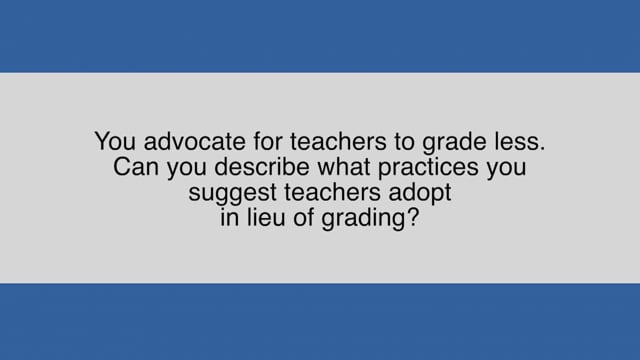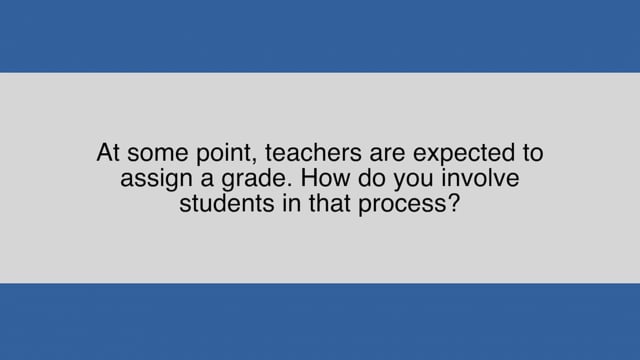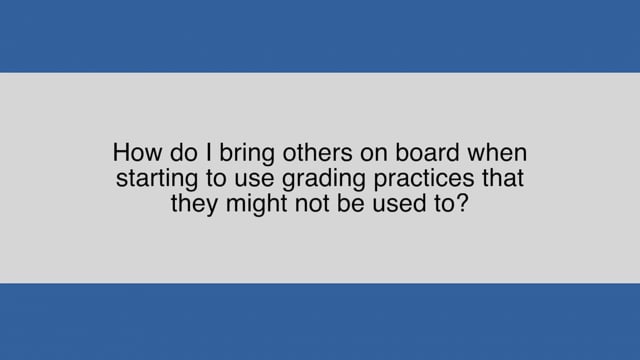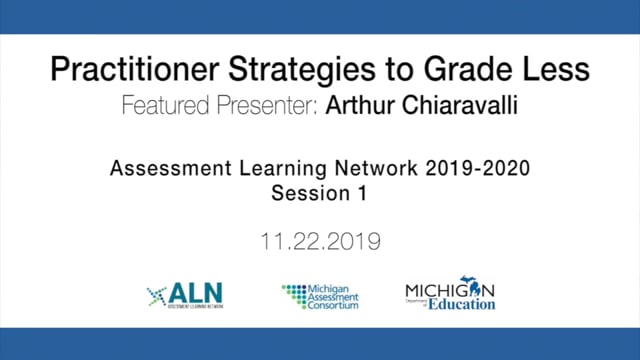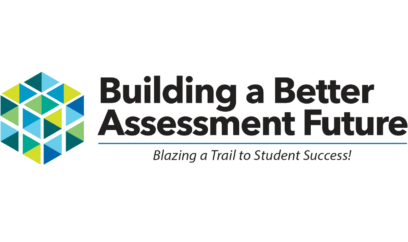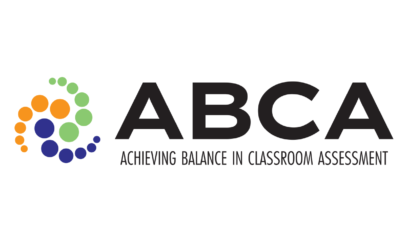Effective grading can support students to become independent, self-directed learners and get the full benefits of high-quality teaching and assessment. Grades can provide important information for students, parents, teachers, and others; but to be useful, grades must be meaningful, accurate, consistent, and supportive of learning. As schools move away from traditional grading practices toward more effective practices, a number of “hot button” issues cause difficulties and sometimes derail implementation. Concurrently, a growing body of research shows the positive effects of rich, descriptive feedback to support learners and the positive ways the brain responds to information about progress. Ken O’Connor, international expert on the topic of effective standards-based grading and reporting, will address the positive challenges and current tensions associated with grading and reporting and the impact to students and their teachers. Arthur Chiaravalli, a leading practitioner voice for the benefit of fewer summative marks and more descriptive feedback to students, will augment this session with a practitioner’s perspective.
This session will address these questions:
- How do we achieve grading practices that support high-quality teaching and assessment?
- How do we avert the hot button issues that can derail implementation of effective grading practices?
- How does more descriptive feedback and fewer summative marks promote learner progress and self-agency?
Event Resources
Presenter: Ken O'Connor
Ken O’Connor is an independent education consultant and author. He is regarded as an expert on grading and reporting. He has worked in 47 states in the USA and all provinces and two territories in Canada. His expertise is recognized internationally, having worked in 35 countries around the world. Ken has been a teacher, a department head, a curriculum coordinator, and a professional learning consultant working with educators across the globe. Ken is the author of How to Grade for Learning: K-12, Fourth Edition, Corwin, 201; Standards-Based Grading Quick Reference Guide, LSI, 2017; The School Leaders Guide to Grading, Solution Tree, 2013; A Repair Kit for Grading: 15 Fixes for Broken Grades. Second Edition, Pearson, 2011; and Fifteen Fixes for Broken Grades: A Repair Kit, Pearson, Toronto, 2012.
Presenter: Arthur Chiaravalli
Arthur Chiaravalli is Dean of Students at Lansing Catholic High School. He has taught high school language arts, mathematics, technology, and media arts in an alternative high school as well as a traditional comprehensive high school. His wide range of experience gives him an uncommon ability to communicate with educators across the disciplinary spectrum. He is the co-founder of Teachers Going Gradeless, a global group of educators convinced that teaching and learning is better when we grade less and emphasize feedback and growth. Arthur will provide practitioner perspective to this session—affirming when and where grading practice can impede learner progress and amplifying practices that promote learner growth.



